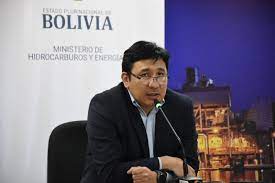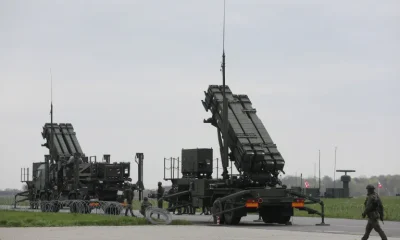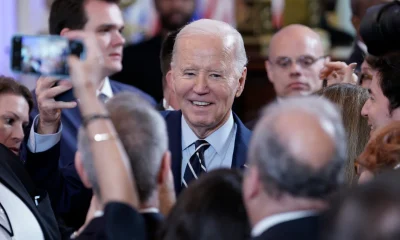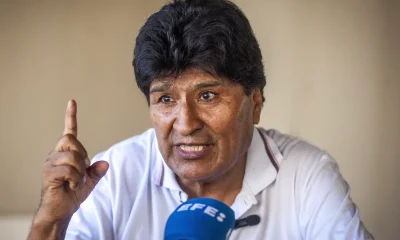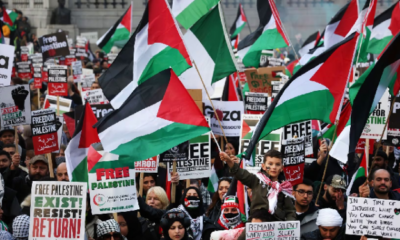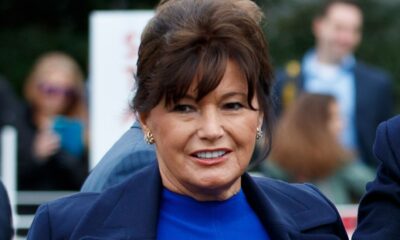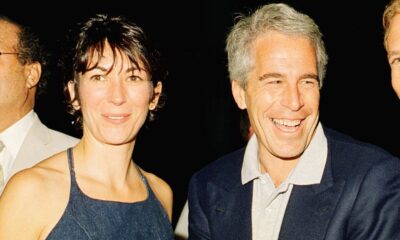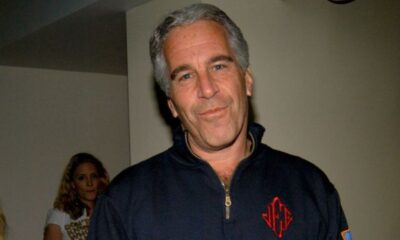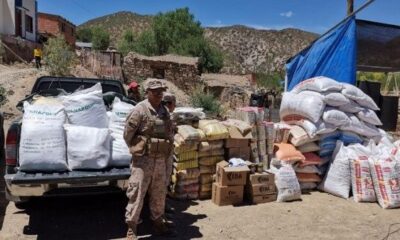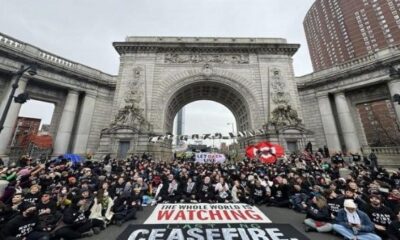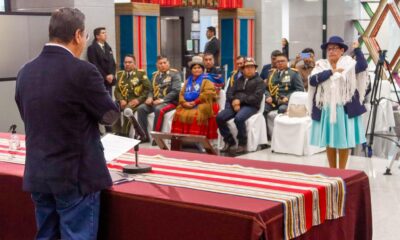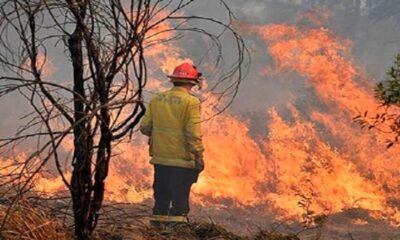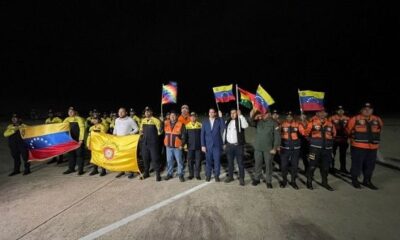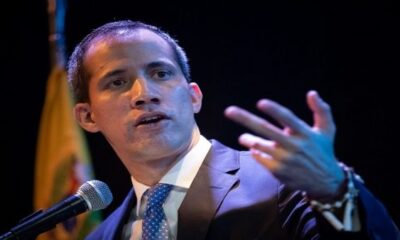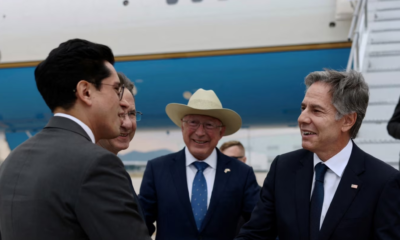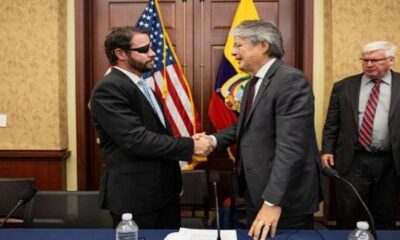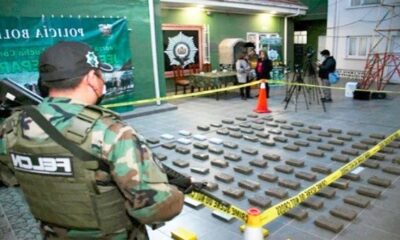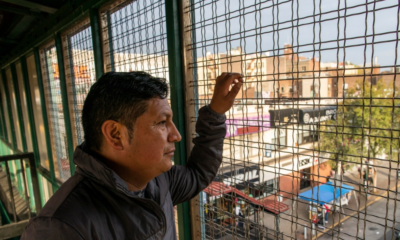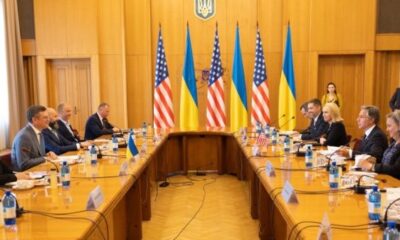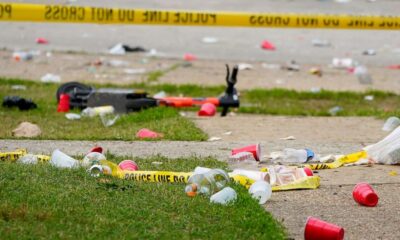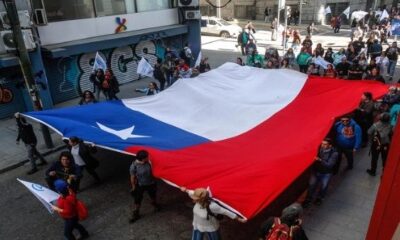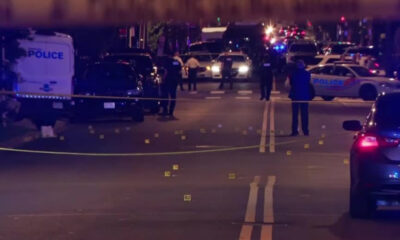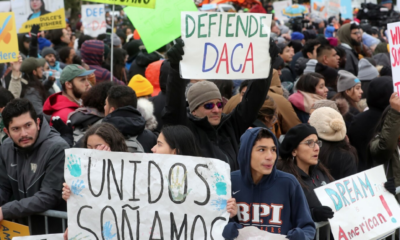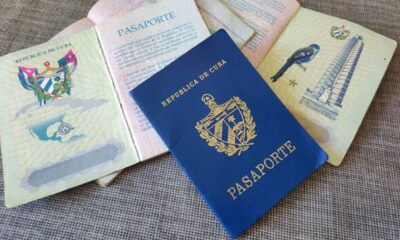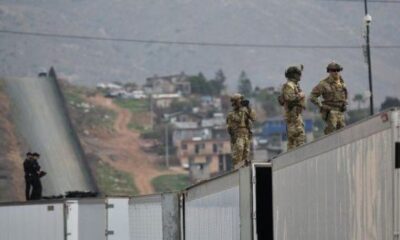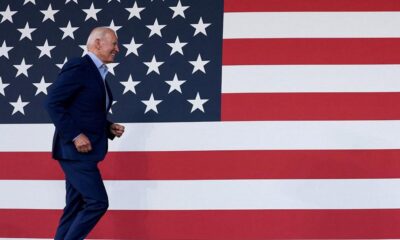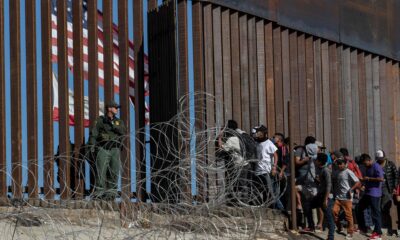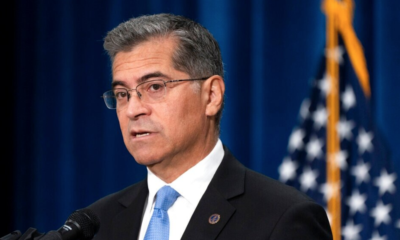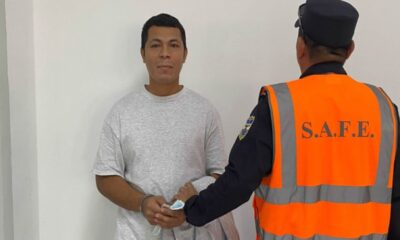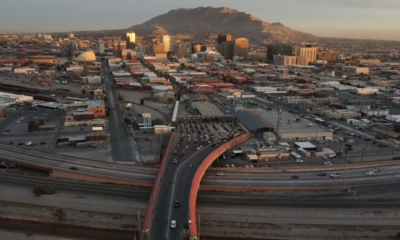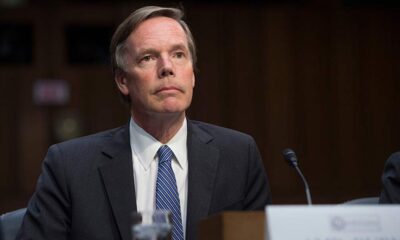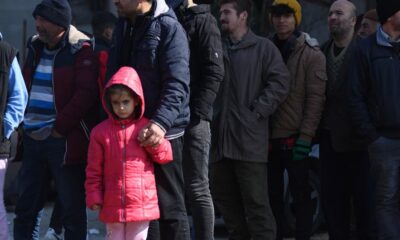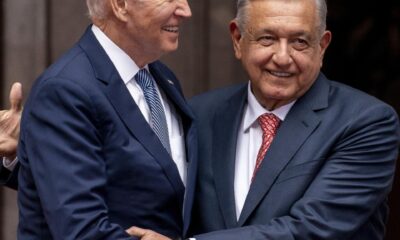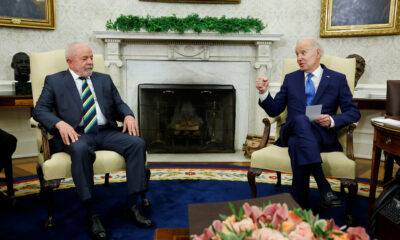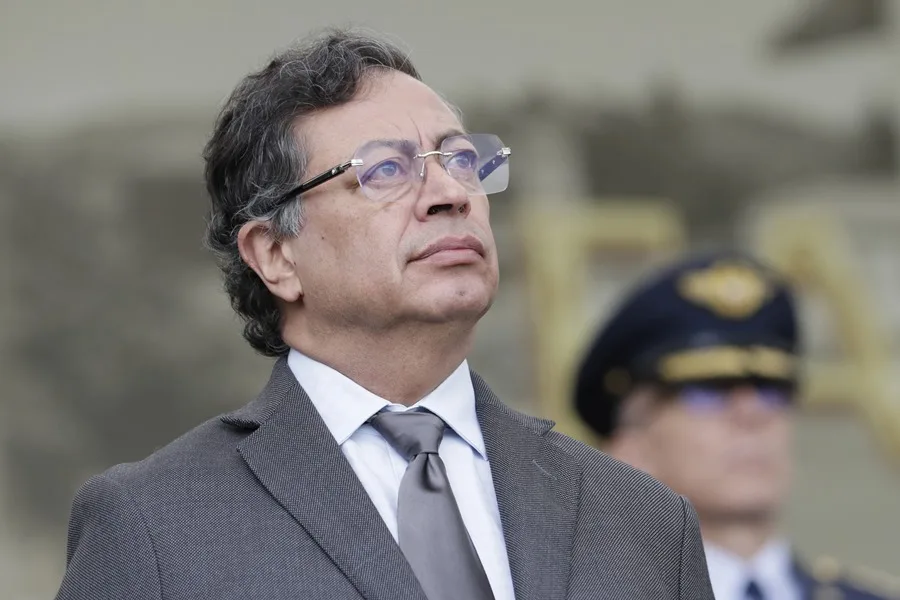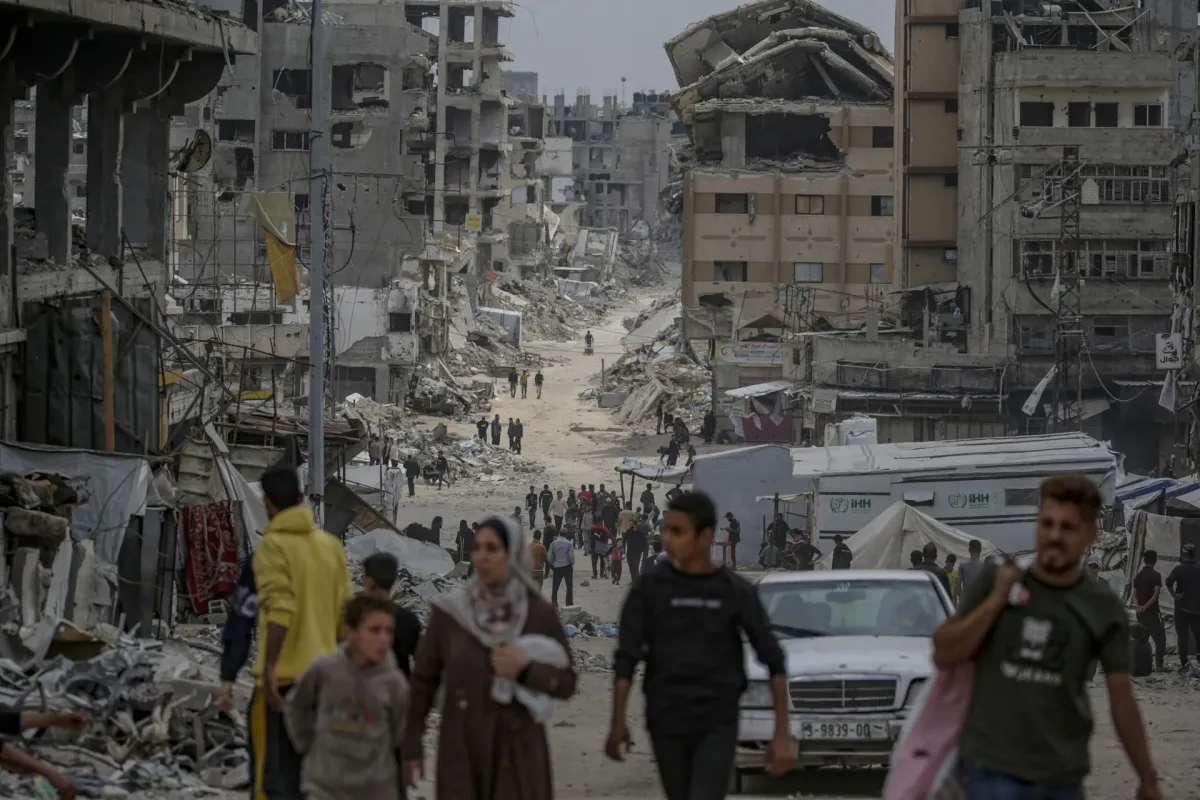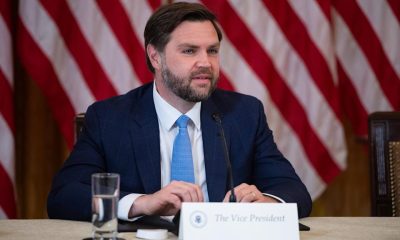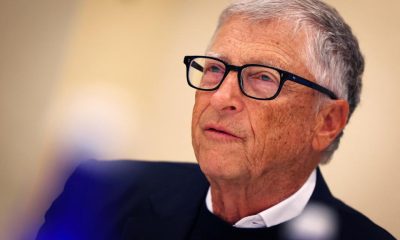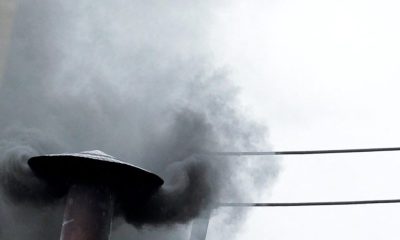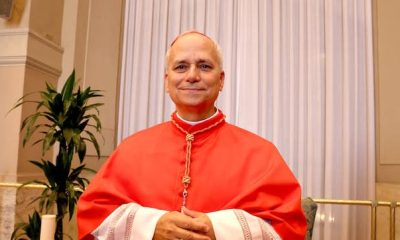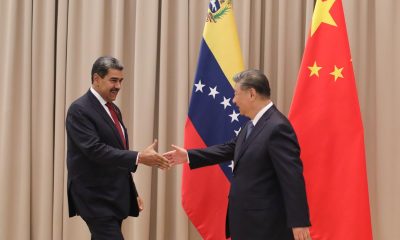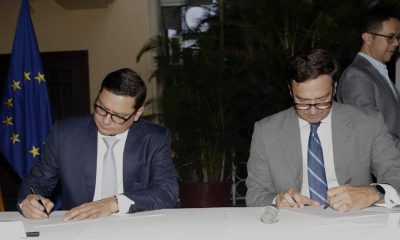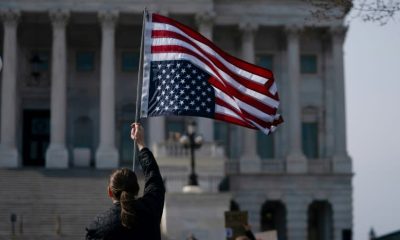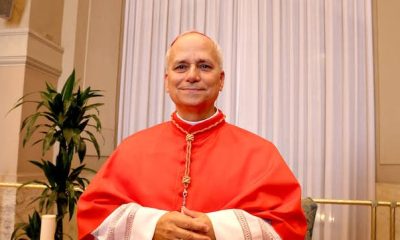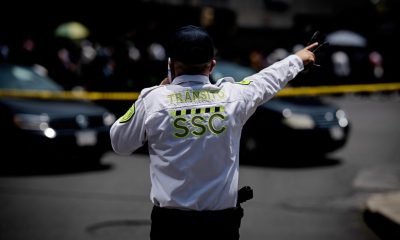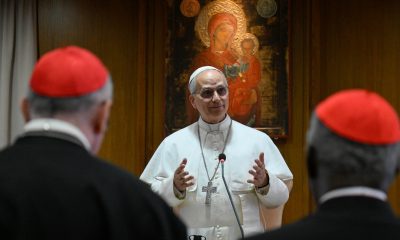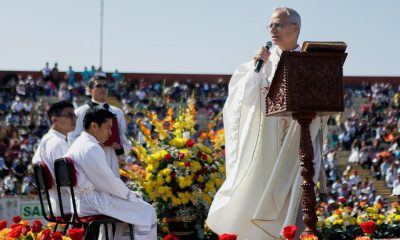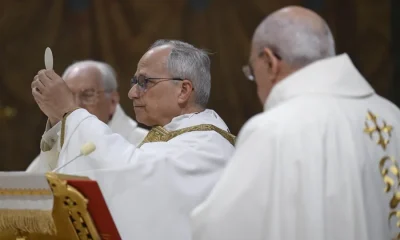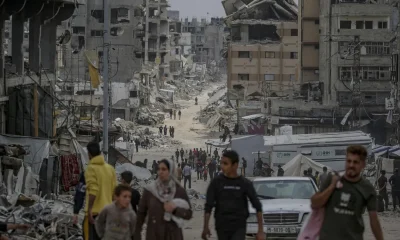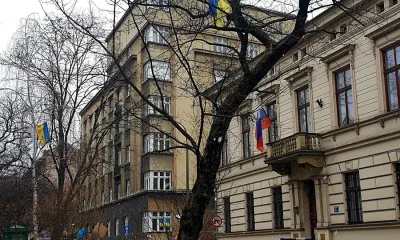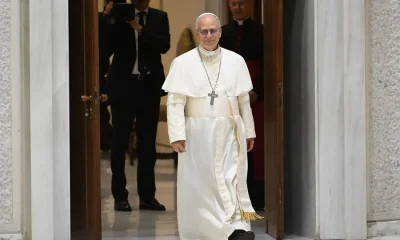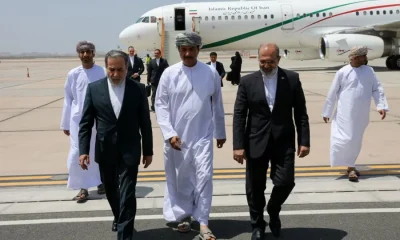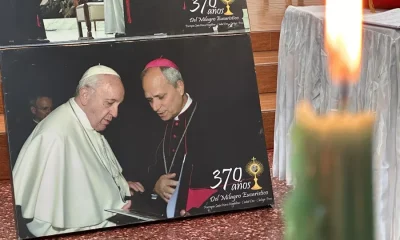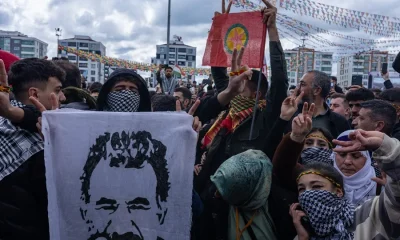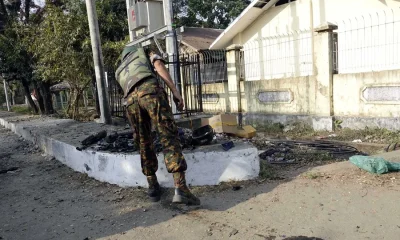Israeli Prime Minister Benjamin Netanyahu gave instructions to send a negotiating delegation to Doha on Tuesday in view of indirect talks with Hamas in search of a ceasefire agreement in Gaza, the president’s office reported after he met with the White House envoy in the Middle East, Steve Witkoff.
“In his meeting with the envoy Witkoff and the (US) ambassador to Israel, Mike) Huckabee, the prime minister discussed the last effort to implement the scheme for the release of hostages presented by Witkoff, before the escalation of the fighting” in Gaza, says the text of the Netanyahu Office.
In the statement, Netanyahu emphasizes that it is the last effort to promote Witkoff’s proposal, which Israel defends from the beginning (to extend the first phase of the ceasefire, instead of moving towards the second, as stipulated in the original agreement), “before the escalation of the fighting”.
The threat comes at the gates of Israel expanding its operations in Gaza, with the intention of occupying more and more land in this Palestinian territory and for which it is mobilizing thousands of reservist soldiers.
“The prime minister clarified that the negotiations will only take place under fire,” the statement added in this regard. Already on Sunday night, Netanyahu’s Office warned that all negotiations for the truce will take place while his Army maintains the fighting in the devastated Gaza Strip.
Witkoff’s proposal promulgated an extension of the first phase of the ceasefire of weeks during which about half of the remaining live hostages in Gaza would be released (24, according to the Israeli authorities, who in recent days acknowledged not to be sure of the state of three of them).
The Israeli president met with Witkoff and Huckabee on the first arrival in Israel on the occasion of the release of the captive soldier with American and Israeli nationality, Edan Alexander, announced last night by Hamas as the result of its indirect conversations with the Donald Trump Administration in the United States.
Alexander, whose release is expected for Monday afternoon, is the only hostage with American nationality left alive in Gaza, the Palestinian militias keeping the bodies of the remaining four.
His exit from Gaza was presented as a gesture by Hamas, without apparent compensation, with the aim of promoting dialogue for the ceasefire in the Strip.
Netanyahu spoke after the meeting with Trump, whom he thanked “for his help in the release of Army soldier Edan Alexander.”
The statement from the Netanyahu Office states that the US president, for his part, reiterated his commitment to Israel and “his desire to continue cooperating closely with the prime minister.”
The call between the United States tycoon and the Israeli leader also occurs at the gates of Trump’s first Middle East tour of this presidency, with stops in Saudi Arabia, Qatar and the United Arab Emirates.

